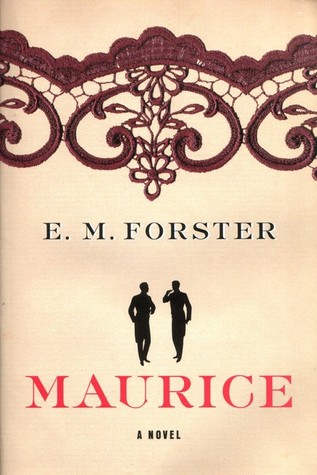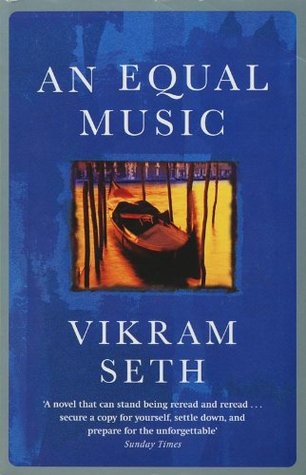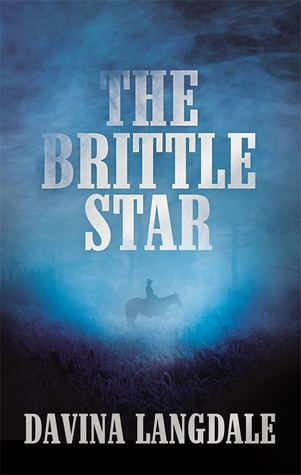
AAAaaaaaand I’m back. In celebration, I will write a blog post that’s almost a carbon copy of my last one but with this year’s Man Booker Longlist.
I read the entire longlist before the prize was announced so needless to say: I have opinions (also a lot of time on my hands apparently). This has been one of my favourite longlists in years so competition was fierce. My personal rankings and reviews:
13. History of Wolves by Emily Fridlund – Overrated (the only disappointment on the list – I may have liked it in another context but it wasn’t Booker-worthy)
12. Home Fire by Kamila Shamsie – Intriguing (but I’d probably get more out of it if I knew the source material better!)
11. Days Without End by Sebastian Barry – Touching (gay civil war couple – what’s not to love?)
10. The Ministry of Utmost Happiness by Arundhati Roy – Complex (which basically means I didn’t understand half of it)
9. Swing Time by Zadie Smith – Decent (by Smith standards)
8. 4321 by Paul Auster – Epic (in the classical sense of the word)
7. The Underground Railroad by Colson Whitehead – Horrifying (and he wants you to be horrified)
6. Elmet by Fiona Mozley – Strange (but in a very good way)
5. Autumn by Ali Smith – Decent (by Smith standards)
4. Solar Bones by Mike McCormack – WOWOWOWOWOW
3. Reservoir 13 by Jon McGregor – How did this not make the shortlist?!?!?!
2. Exit West by Mohsin Hamid – Topical (and oh-so human)
1. Lincoln in the Bardo by George Saunders – A very very very very worthy winner
Please agree/disagree with me in the comments below – I’d love to get some different perspectives!








